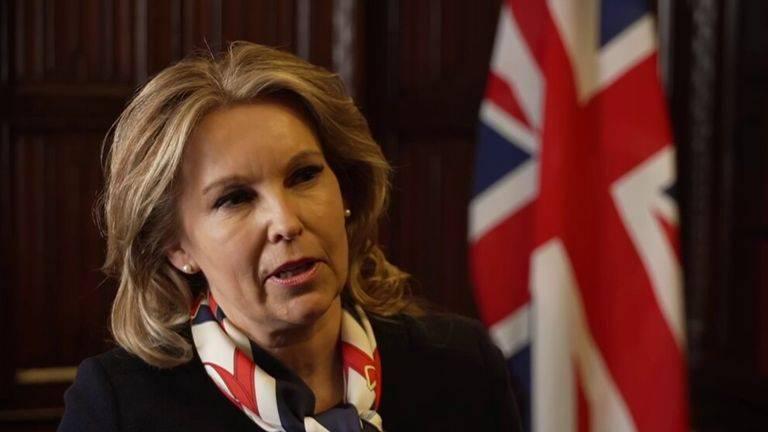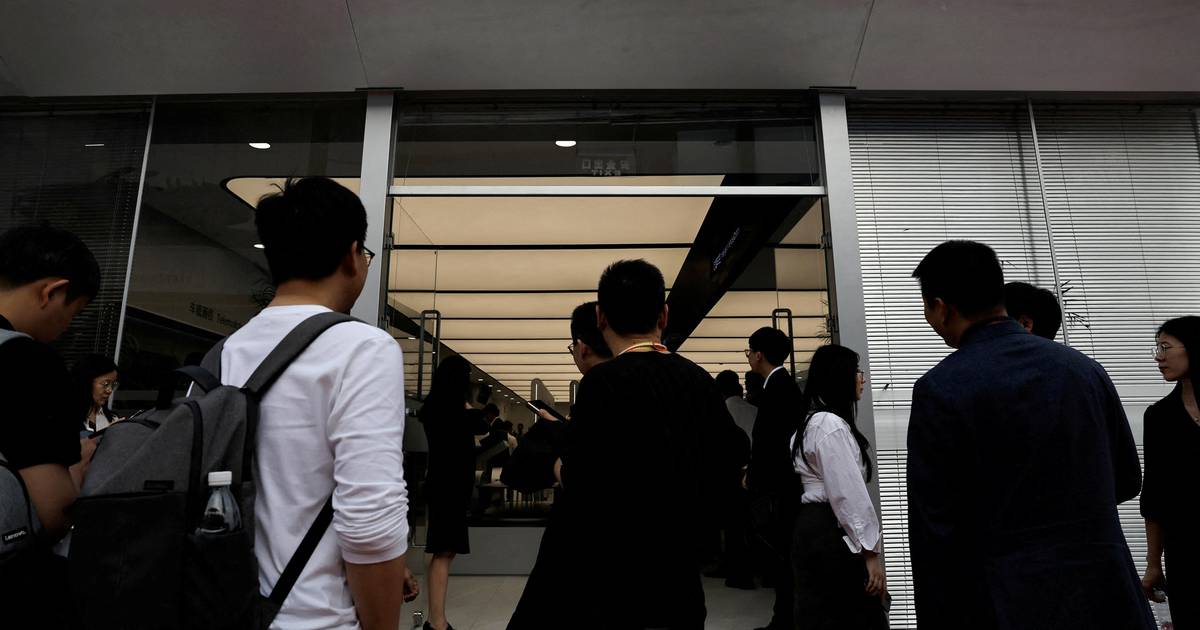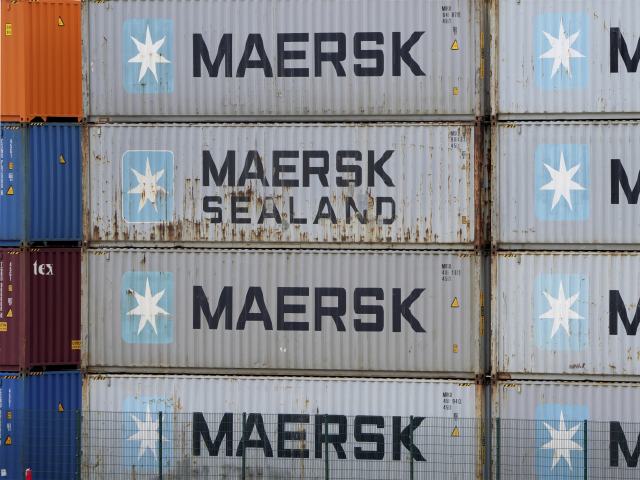
Tory MP Defects to Labour Party, Leaving Sunak Under Pressure Amid Elections
On Wednesday, British Conservative MP Natalie Elphicke made headlines by defecting to the Labour Party, becoming the second MP to do so in less than two weeks. This move presents a new challenge for Prime Minister Rishi Sunak following difficult local elections. As the legislative elections approach, opinion polls indicate that the Labour Party holds a lead over the Conservatives, who have been in power for 14 years.
Elphicke, representing Dover, shifted from Conservative to Labour just before the start of the weekly question session in Parliament. She cited broken promises and concerns about housing and border security as reasons for her move. Dover, located near the English Channel, faces challenges related to illegal immigration, making border security a pressing issue for the region.
Labour Party leader Keir Starmer criticized the government’s handling of crises and highlighted the NHS and immigration issues as key factors in the recent defections. In addition to Elphicke, Conservative MP Dan Poulter had also joined Labour earlier, citing problems in the healthcare system. These defections underscore growing dissatisfaction within the Conservative Party ranks.
As Rishi Sunak focuses on reducing healthcare waiting lists and addressing immigration challenges, his party faces internal divisions and external scrutiny. With no official date set for the upcoming elections, he is under pressure to regain lost ground and maintain his position in power amidst a resurgent Labour Party. The political landscape remains uncertain as parties realign and voters assess their choices.
The defection of two MPs within two weeks has left Rishi Sunak’s government struggling to maintain its unity ahead of crucial elections next year. While Elphicke cited broken promises on housing and border security as reasons for her move, other Tory MPs have also expressed discontent with certain policies or decisions made by their party leadership.
With no clear direction from their leader yet on how to address these issues or win back voters who have defected from them or remain undecided between parties, it seems that Rishi Sunak’s Conservative government will face an uphill battle if they hope to maintain their hold on power.
In contrast with their traditional stance on immigration control measures that have been criticized by human rights advocates for being too harsh towards migrants and refugees alike, Keir Starmer has promised more progressive policies that prioritize compassionate treatment of immigrants while still maintaining secure borders.
This shift in focus could be seen as part of a broader effort by Starmer to appeal more broadly across different demographics beyond just traditional working-class voters who traditionally support Labour.
As election day approaches next year, it remains unclear which way many voters will lean when faced with such starkly different visions for what kind of country Britain should become – one shaped by conservative ideals or one shaped by progressive values that prioritize empathy over toughness.

